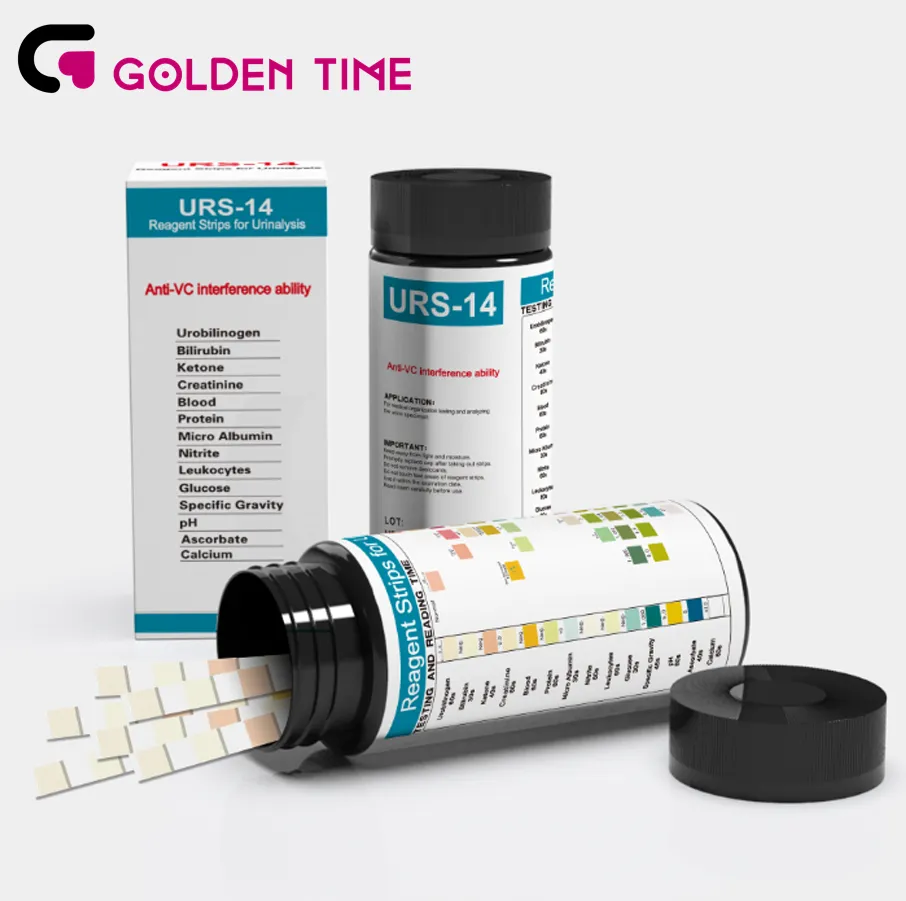Dec . 19, 2024 04:32 Back to list
diagnostic test for syphilis manufacturers
Diagnostic Tests for Syphilis An Overview of Manufacturers and Innovations
Syphilis, a sexually transmitted infection (STI) caused by the bacterium Treponema pallidum, remains a significant public health challenge globally. The increasing rates of syphilis infections in recent years have prompted a surge in the demand for effective diagnostic tests. Various manufacturers have developed innovative solutions to address this need. This article provides an overview of the diagnostic tests for syphilis, highlighting the contributions of different manufacturers in enhancing detection methods.
Types of Diagnostic Tests
There are primarily two types of diagnostic tests for syphilis non-treponemal tests and treponemal tests. Non-treponemal tests, such as the Rapid Plasma Reagin (RPR) and the Venereal Disease Research Laboratory (VDRL) tests, detect non-specific antibodies that the body produces in response to tissue damage caused by the infection. These tests are relatively simple to administer and can be performed quickly, making them useful for initial screening.
On the other hand, treponemal tests, including the Enzyme Immunoassay (EIA) and the Fluorescent Treponemal Antigen-Absorption (FTA-ABS) test, specifically detect antibodies to Treponema pallidum. These tests are more specific than non-treponemal tests and are usually employed to confirm a syphilis diagnosis after a reactive non-treponemal test.
Leading Manufacturers and Innovations
Several key players in the diagnostic industry have developed cutting-edge tests for syphilis. Companies such as Abbott Laboratories, Siemens Healthineers, and Roche Diagnostics have made significant advancements in the specificity and sensitivity of syphilis testing.
Abbott Laboratories has introduced the ARCHITECT Syphilis TP test, which utilizes chemiluminescent microparticle immunoassay (CMIA) technology. This test provides rapid and accurate detection of treponemal antibodies, enabling healthcare providers to confirm syphilis diagnoses quickly. The high-throughput nature of Abbott's testing platform allows for efficient processing in clinical laboratories, making it an essential tool in high-demand settings.
diagnostic test for syphilis manufacturers

Siemens Healthineers offers the Advia Centaur Syphilis test, a fully automated immunoassay that detects both treponemal antibodies and non-treponemal reagin. This dual detection method streamlines the diagnostic process, providing clinicians with comprehensive results in a single run. Siemens' focus on automation and efficiency supports laboratories in managing large volumes of tests without compromising accuracy.
Roche Diagnostics has developed the Elecsys Syphilis test, which employs electrochemiluminescence technology to achieve high specificity and sensitivity. This test is particularly noteworthy for its ability to detect early infections, allowing for timely intervention and treatment. Roche's commitment to research and development has positioned it as a leader in the field, continually pushing the boundaries of what is possible in diagnostic testing.
Point-of-Care Testing
In addition to laboratory-based tests, point-of-care (POC) testing has gained traction in the diagnosis of syphilis. Manufacturers like Chembio Diagnostic Systems have developed rapid tests that allow for immediate results in a variety of settings, including clinics and community health fairs. The DPP Syphilis Screen and Confirm test utilizes a fingerstick sample to provide rapid, accurate results for both treponemal and non-treponemal antibodies. This approach is particularly valuable in resource-limited settings where traditional laboratory facilities may not be available.
The Future of Syphilis Testing
As the prevalence of syphilis continues to rise, the importance of rapid, accurate, and accessible diagnostic tests cannot be overstated. Manufacturers are focusing on developing next-generation tests that offer improved accuracy, faster processing times, and the ability to detect syphilis at earlier stages. Innovations in technology, such as molecular diagnostics and next-generation screening algorithms, hold promise for enhancing diagnostic capabilities.
In conclusion, the landscape of syphilis diagnostics is evolving, driven by the efforts of manufacturers committed to tackling the public health issue of STIs. With advancements in technology and a focus on accessibility, the future of syphilis testing looks promising, ultimately leading to improved health outcomes and greater awareness of this persistent infection. The ongoing collaboration between manufacturers, healthcare providers, and public health organizations remains crucial in addressing the challenges posed by syphilis and other STIs.
-
Reliable Early Pregnancy Test Kit Supplier - Multi Plastic Cassette Options
NewsJul.30,2025
-
Transferrin Rapid Test Cassette – Reliable Tumor Marker Detection
NewsJul.29,2025
-
Accurate Follicle Stimulating Hormone Test Kit | Rapid Reliable Results
NewsJul.29,2025
-
High Accuracy LH Ovulation Test Kit - Digital Results & Wholesale Options
NewsJul.29,2025
-
HbsAg Blood Rapid Test Kit for Fast & Accurate Hepatitis B Detection
NewsJul.28,2025
-
Sterile Urine Cup for Safe & Easy Collection | High-Quality Specimen Cups
NewsJul.28,2025

